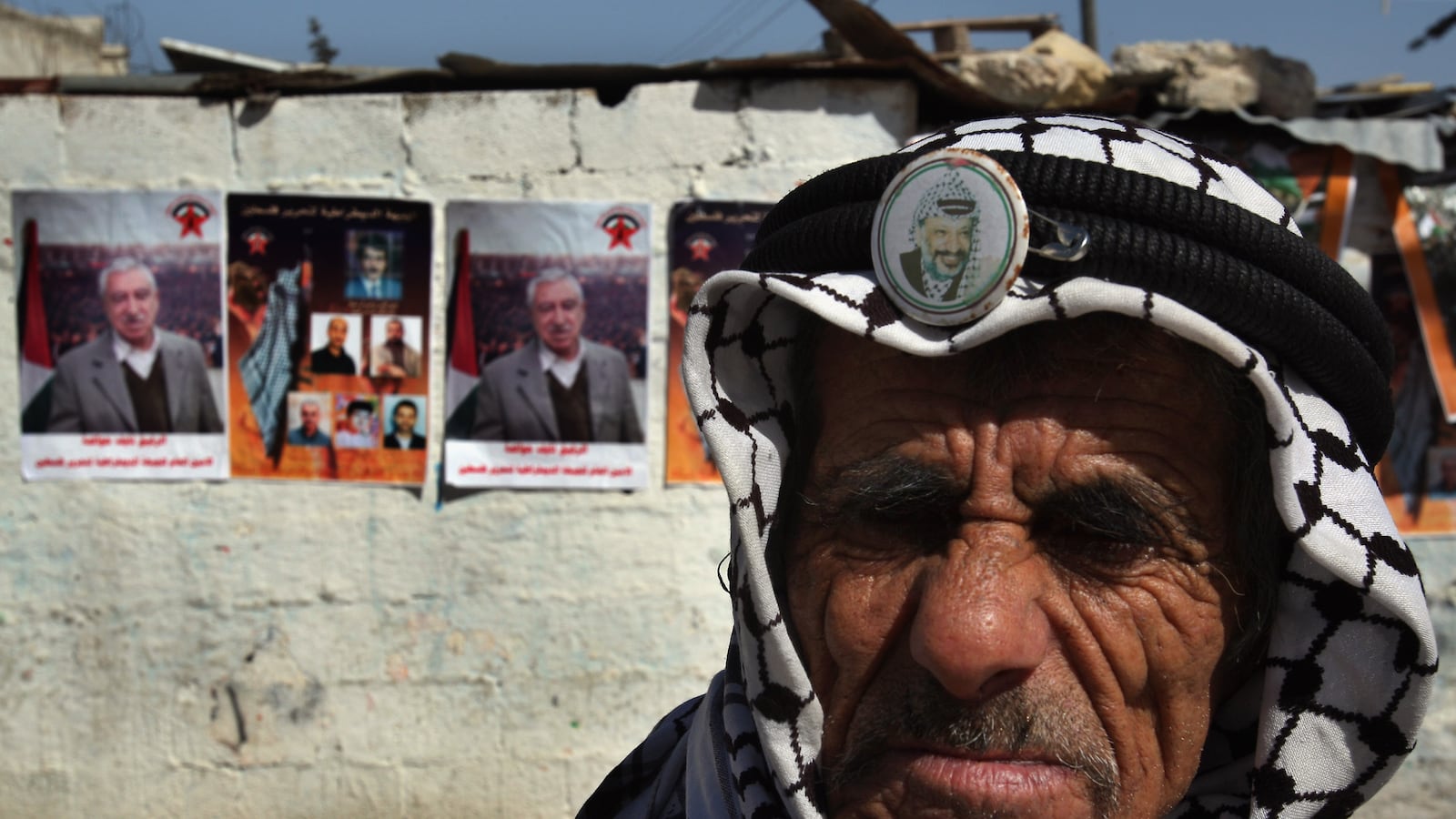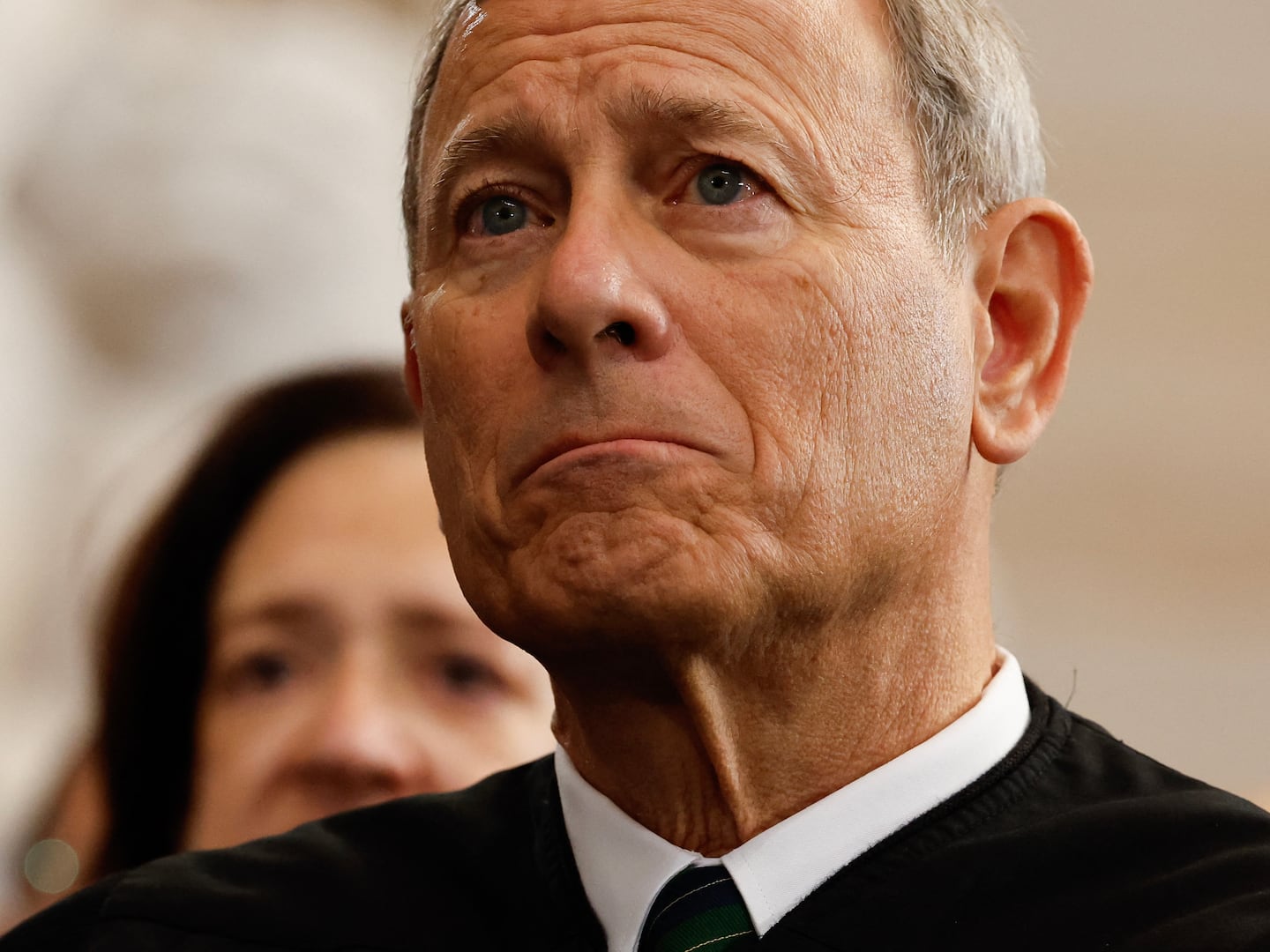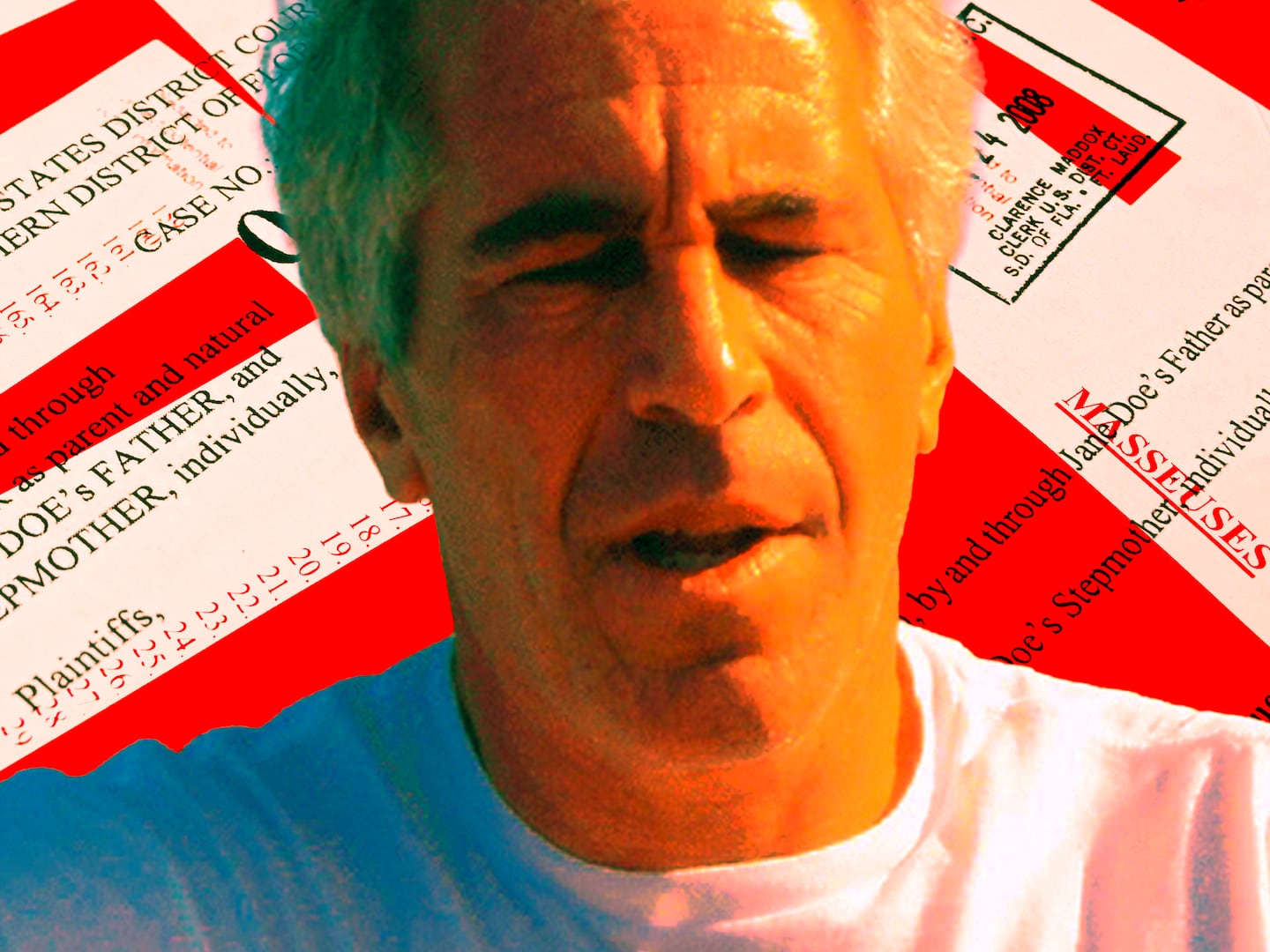There was something fitting about the preview screened before a recent New York showing of 5 Broken Cameras, the new documentary that tells the story of several individuals in the Palestinian village of Bil’in and its nonviolent struggle against the Israeli occupation. The preview was for an upcoming screening of The Battle of Algiers, the classic 1966 film about the Algerian revolution against the French occupation.
The Battle of Algiers is in many ways a film about prisoners: The first set of prisoners is the Algerian people, imprisoned by French Colonial rule in the Casbah of Algiers; the second set is the French themselves, imprisoned by the unsustainable and violent project of keeping millions of Algerians under their rule. Ultimately it is a film (perhaps one of the best ever made) about the loss of humanity for all involved in this damning cycle of oppression and violence, not to mention the inevitable moral and logistical failure of the French (and in turn any) colonial project.
Playing at New York’s Film Forum, 5 Broken Cameras is coming off of a win at Sundance (World Cinema Documentary Directing) and a favorable (though skittish) review in The New York Times. And like The Battle of Algiers, it too is a film about prisoners. In the case of 5 Broken Cameras, the prisoners are the villagers of Bil’in as they are being enclosed by a massive fence (on its way to becoming a wall). The Israelis are prisoners as well, but much like the French, they are prisoners of their own unsustainable project of colonial-style occupation. In fact, the more we see the Israeli army exert systematic violence on a simple farming village, the more they resemble the French paratroopers closing in on the Casbah in the name of control and "security." And like the French, the brutal Israeli repression of the the indigenous inhabitants of the land is carried out to protect an imported settler population intent on remaining entrenched in Westernized fortresses of comfort and ideology deep inside occupied territory.
But Emad Burnat’s story—as well as the story of Bil’in and the nonviolent Palestinian struggle as a whole—is a story about somehow finding and protecting one’s own humanity and choosing nonviolence in the face of an almost surreal and unceasing stream of force from a vastly more powerful foe. In this it parts ways with The Battle of Algiers.
The product of the joint effort of Palestinian filmmaker/journalist Emad Burnat and Israeli director Guy Davidi, 5 Broken Cameras traces five years of nonviolent struggle in Bil’in, which in 2005 found its agricultural lands cut through by the planned route of Israel’s massive “separation wall,” and encroached upon by the ever-growing Israeli settlements surrounding it. The story is narrated in the first-person by Emad, whose own footage of life in Bil’in makes up the bulk of the film. But this is a well-told story and a poem as much as a documentation of a political and historical moment.
We see in the film the life of Emad’s fourth son Gibril, through his first five years. Gibril’s life, we soon find out, is measured not only by the normal benchmarks of childhood (birthdays, first steps, the discovery of language, etc.) but also the rise of a harrowing tale of nonviolent struggle by his elders—all of it documented meticulously by his father Emad. These five years, which saw protests against Israel’s barriers turn into increasingly creative and internationalized weekly events, are also marked by the five cameras that Emad Burnat saw destroyed in one way or another while filming. These cameras meet their demise at the hands of the Israeli army, as well as the extremist settlers on whose behalf the army clamps down on Bil’in and its inhabitants day and night. One camera gets a bullet from an Israeli rifle; another is on the receiving end of a tear gas canister; and yet another camera falls victim to the blow of an enraged settler who, emboldened by the protection of the Israeli army, lashes out at Emad for having the temerity to film.
And despite the title of the film and the fitting choice of the string of destroyed cameras as storytelling tool, this film is at heart about the ongoing attempt by Israel to break Palestinian society and its resistance to a over six decades of disposession and occupation. And it is serious business: We see night raids in which Palestinian children, many of whom look to be no older than 12, are pulled from their houses and their parents’ arms and thrown into the backs of military jeeps—presumably for the ‘crime’ of throwing rocks at the armored jeeps that regularly make incursions into their village; we see Emad and two of his brothers, as well as countless friends, arrested for participating in the nonviolent protests; we see Adib Abu Rahmeh, one of the village’s most outspoken protesters, shot in the thigh; we see Daba’a, another of Emad’s friends, shot in the leg at point-blank range while restrained and in Israeli custody. And most devastating of all is the moment when Bassem Abu Rahmeh (Phil), a man brimming with life and love and creativity, is shot to death by a high-velocity tear gas canister in front of Emad’s (and his camera’s) eyes. None of this is invented. And neither is it “neutral.” Rather, it is the reality of living under occupation, plain, simple and ugly.
How many films and reports and dispatches from Palestine must we take in before we are allowed to talk about Israeli occupation (45 years old this week) as a crime which we, as Americans, should be ashamed to support with well over $3 billion a year in taxpayer funds? How long until we can talk about a nonviolent Palestinian resistance movement (now 10 years old in its current manifestation) as a struggle formed in the mold of the life work of Martin Luther King, Jr. and Gandhi? Hopefully 5 Broken Cameras, like its best-known predecessor Budrus, helps hasten the arrival of this long overdue moment of reckoning for Americans.
While this extraordinary and artfully composed film tells both a deeply personal and truly universal tale, ultimately it is a story about the ongoing project of the ethnic cleansing of Palestinians from their land. Begun in 1947-49 with three quarters of a million Palestinians forced to flee their homes to make way for Israel, and entrenched in 1967 with the onset of Israeli military occupation in the West Bank, East Jerusalem, and Gaza Strip, this is an ethnic cleansing that continues to this day. But it is a process that takes place at relatively slow clip and by various means (both “legal” under Israeli law and illegal under international law), such as through the building of walls and settlements, via Kafkaesque military decrees, house demolitions, incursions, imprisonment and intimidation.
To resist such a project is a treacherous endeavor more akin to a marathon than a sprint. And as we watch Emad raise his sons amidst torched olive trees and fallen friends, the miracle, it seems, is that he has the will first to get out of bed every day, and then to raise his camera to document the unjust world he lives in.






